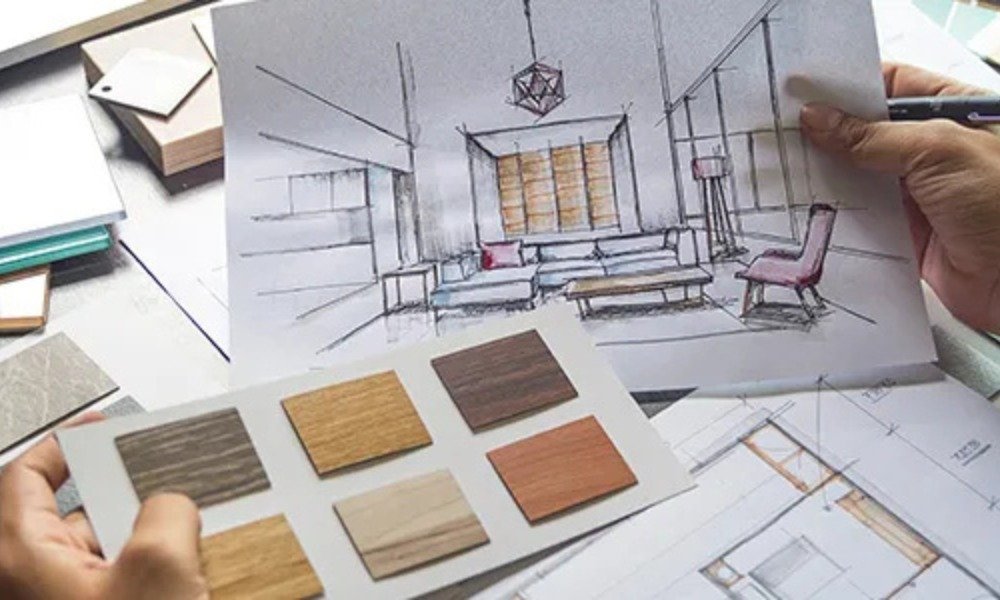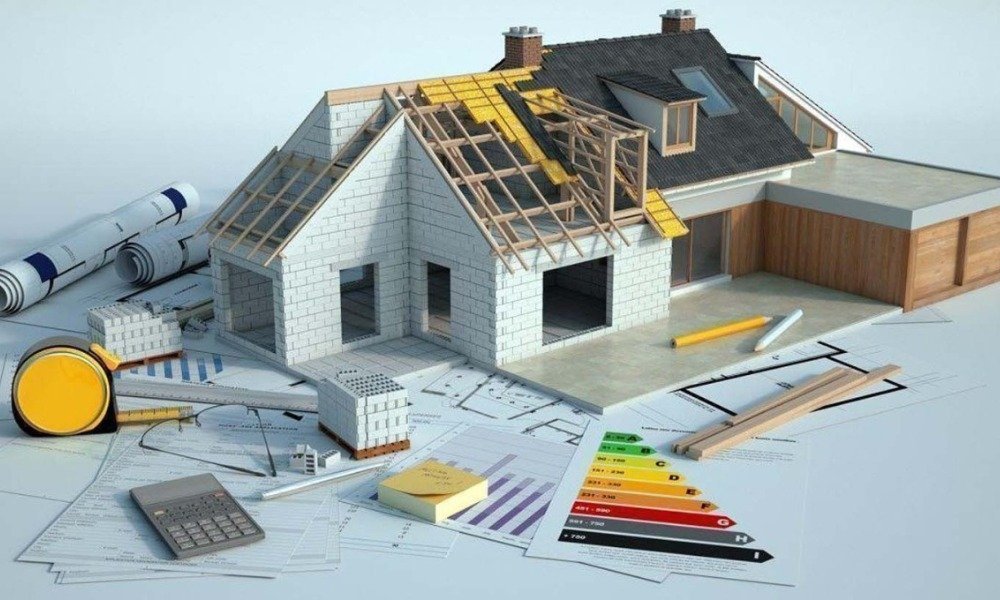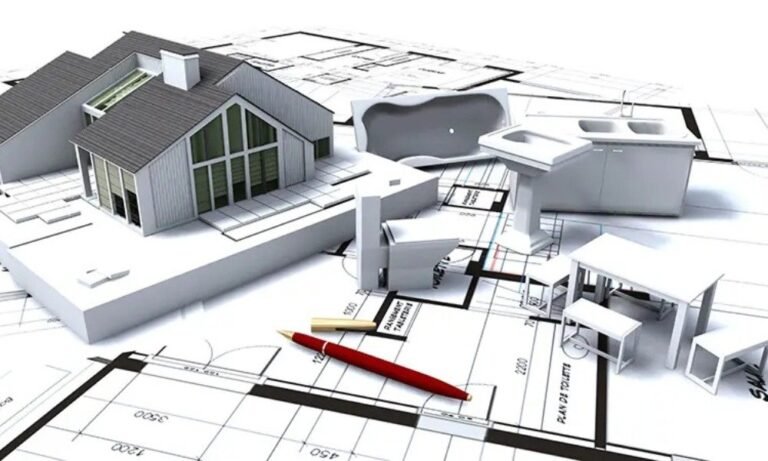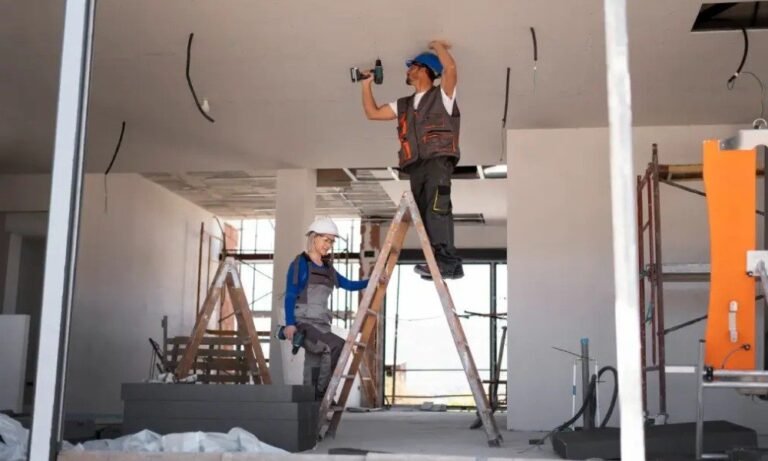Estimated reading time: 5 minutes
Introduction
Renovating a home is an exciting but tricky process. I’ve seen people start with grand visions only to hit frustrating roadblocks—budget overruns, design regrets, or unreliable contractors. A home renovation should add value and comfort, not headaches and financial stress.
So, how do you keep things on track? By avoiding common mistakes that can derail your project.
What You’ll Learn
✔ How to plan a renovation budget without costly surprises
✔ The biggest hiring mistakes when choosing a contractor
✔ Common design errors that can make or break your remodel
✔ Why rushing the process leads to disaster
✔ Smart strategies to prevent project delays and hidden costs
1. Underestimating the Budget
I can’t count how many times I’ve seen homeowners set a budget that doesn’t match reality. Renovation costs often go beyond the initial estimate due to unexpected expenses.
✔ Set a Realistic Budget: Factor in materials, labor, permits, and a 10-20% contingency fund for surprises.
✔ Avoid Cheap Materials: Low-cost materials often lead to higher repair costs down the road. Prioritize quality for long-term durability.
✔ Use Cost-Saving Strategies: Consider alternative materials or tackle projects in phases to spread out costs.
For more budgeting tips, check out How to Set a Realistic Budget for Home Remodeling.
2. Hiring the Wrong Contractor

A bad contractor can ruin even the best renovation plans. The cheapest bid might save money upfront but could lead to shoddy work and endless headaches.
✔ Get Multiple Quotes: Always compare at least three licensed contractors before making a decision.
✔ Check Reviews & References: Ask for past work samples and speak to previous clients.
✔ Avoid Vague Contracts: Make sure your contract includes detailed costs, timelines, and scope of work.
Need help vetting contractors? Read How to Choose the Right Contractor for Your Remodel.
3. Ignoring Permits & Regulations
Skipping permits might seem like a good way to save time, but it can backfire if an inspector shuts down your project. Worse, unpermitted work can hurt your home’s resale value.
✔ Know Your Local Codes: Check with your city or county for required permits.
✔ Don’t Rely Solely on Your Contractor: Some may cut corners—always verify permits are in place before work begins.
4. Rushing the Planning Stage

Jumping into renovations without a solid plan is a recipe for delays and unexpected costs. I’ve seen homeowners change their minds mid-project, which derails timelines and inflates budgets.
✔ Lock in Your Design Choices Early: From kitchen layouts to bathroom fixtures, have everything finalized before demolition starts.
✔ Don’t Overlook Structural Changes: If your remodel includes knocking down walls, ensure it won’t compromise stability.
Want a smooth process? Check out How to Ensure Your Remodeling Project Stays on Schedule.
5. Trying to DIY Everything
DIY projects can save money, but some jobs are best left to the experts. A poor DIY job on plumbing or electrical work could lead to expensive repairs—or worse, safety hazards.
✔ Know When to Call a Pro: Anything involving wiring, plumbing, or structural work needs an expert.
✔ Save DIY for Smaller Projects: Painting, installing backsplashes, or minor landscaping are safe DIY bets.
6. Choosing Trends Over Timeless Design
It’s easy to get caught up in trendy designs, but what looks stylish today might feel outdated in a few years.
✔ Balance Trends with Classic Elements: Go trendy with paint colors, décor, and fixtures—but keep floors, cabinetry, and countertops timeless.
✔ Avoid Overly Customized Features: Highly personal choices may hurt resale value down the line.
For stylish yet practical ideas, browse 7 Kitchen Remodeling Ideas for a Modern Look.
7. Poor Space Planning
A beautiful renovation means nothing if the space isn’t functional.
✔ Think About Traffic Flow: A poorly placed kitchen island or cramped hallway can make daily life frustrating.
✔ Measure Twice, Cut Once: Ordering the wrong-sized cabinets or countertops delays the entire project.
8. Expecting Everything to Go Smoothly
I’ll be honest—renovations rarely go 100% according to plan.
✔ Be Prepared for Delays: Materials may arrive late, weather can disrupt exterior work, and unexpected repairs pop up.
✔ Stay Flexible: Have a backup plan in case your timeline shifts.
If you’re planning a full remodel, you’ll want to read What to Expect During a Whole-Home Remodel.
9. Not Planning for Temporary Living Arrangements
If your kitchen is out of commission for weeks, do you have a backup plan? Many people forget to factor in temporary housing costs during major renovations.
✔ Plan Ahead: If staying in your home, prepare a makeshift kitchen or extra bathroom.
✔ Consider Renting a Storage Unit: Protect furniture and belongings from dust and debris.
10. Forgetting About Energy Efficiency
Ignoring energy-efficient options now means higher utility bills later.
✔ Upgrade Insulation & Windows: Small changes cut heating and cooling costs over time.
✔ Opt for Energy-Efficient Appliances: Look for ENERGY STAR-rated options to save on electricity.
For green remodeling ideas, check out Eco-Friendly Renovation Tips for a Greener Home.
Final Thoughts
Home renovations can transform a space, but only if done right. The key to success? Careful planning, smart budgeting, and hiring the right professionals.
✔ Budget realistically and leave room for unexpected costs.
✔ Work with experienced contractors and verify permits.
✔ Prioritize functionality over fleeting trends.Want to avoid major mistakes? Start planning today. Need guidance? Let’s talk about your project.



